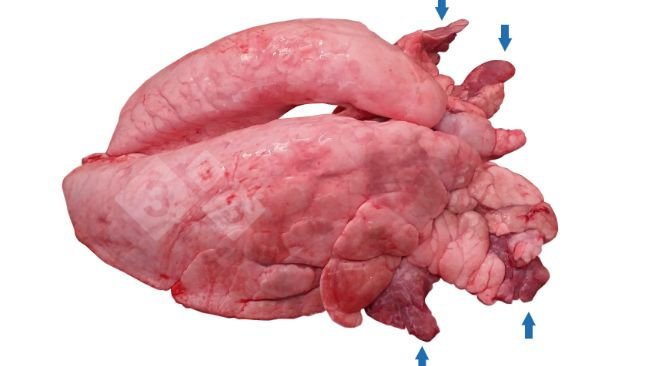
Productive and economic impact of pig lung lesions detected at slaughter
Detection of lung lesions in slaughtered pigs also allows estimation of economic losses.
The pig sector events all around the world
Weekly newsletter with all the pig333.com updates
Swine industry news in your email
Pig health: news and articles on PRRS, PCV2, biosecurity, etc, Pig disease guide, atlas of pathology, clinical cases…
Biocheck.UGent is an independent, risk-based, scientific scoring system for assessing the quality of your on-farm biosecurity.
A visual and practical step-by-step guide on how to perform a necropsy on a pig.
All the information about ASF: how to recognize the disease, how it is transmitted, pictures of lesions, latest news, guides, etc.
All the information on Foot and Mouth Disease in pigs: how to recognize the disease, how it is transmitted, images of lesions, latest news, guides,...
Description of the most important diseases and conditions in pigs
Images of major swine diseases
Pig disease diagnostic tool
Definition for the most commonly used pig terms
Simulator that calculates the amount of drug to add to the water when using a flow dispenser.
Weekly newsletter with all the pig333.com updates
Pig Prices by countries. Pork production and trade. News of the pig market and the raw materials
The latest slaughter pig prices in the most important pig markets. Check the evolution of the historical prices in charts and in several currencies.
Latest quotations for the main commodities used in pig feed. Historical graphs with the pig price and estimated feed price.
Figures & trends in pig numbers, pork production and pork trade.
Global production and trade data for the most important raw materials
Weekly newsletter with all the pig333.com updates
Articles on nutrition and pig feeding, characteristics of raw materials and additives for pig feed. Prices of raw materials
Latest quotations for the main commodities used in pig feed. Historical graphs with the pig price and estimated feed price.
Technical sheets of the main raw materials and additives used in swine feed. They include a comparison of nutritional values from various sources, product
Global production and trade data for the most important raw materials
Definition for the most commonly used pig terms
Use this tool to diagnose problems with the feed conversion ratio. Click on the flowchart or on the buttons within the text to navigate through the different parts of the tool.
A biweekly newsletter with the latest developments in swine nutrition
Articles on genetics and pig reproduction: genetic improvement, genomics, artificial insemination, use of hormones
Compare production data, calculate the number of sow, nursery, and finishing spaces, and visualize your tasks on the work schedule by type of BMS.
Tool that allows you to calculate the replacement rate in your farm
Definition for the most commonly used pig terms
Use this tool to find out why your farrowing rate is less than ideal. Click on the flowchart or on the buttons found within the text to navigate through the different parts of the tool.
Weekly newsletter with all the pig333.com updates
Management, pig farm management, work planning in each production stage: management in gestation, grow finish, batch farrowing
Compare production data, calculate the number of sow, nursery, and finishing spaces, and visualize your tasks on the work schedule by type of BMS.
Tool that allows you to calculate the replacement rate in your farm
Definition for the most commonly used pig terms
Weekly newsletter with all the pig333.com updates
Design of facilities and equipment for pig farms: building design, climate control, feeding systems, etc.
Biocheck.UGent is an independent, risk-based, scientific scoring system for assessing the quality of your on-farm biosecurity.
Environmental Footprint Calculator along the pork value chain.
Definition for the most commonly used pig terms
Simulator that calculates the amount of drug to add to the water when using a flow dispenser.
Use this tool to explore which slurry management strategy best fits your situation. Click on the flow chart or on the buttons within the text to navigate through the different parts of the tool.
Weekly newsletter with all the pig333.com updates
What makes us stand out is the quality and independence of our contents. Find out about the authors who make it possible. Our goal is to generate a virtual community of advanced users in the sector.

Marina Sibila i Vidal was born in Navàs (Barcelona) in 1975. In 1999, she obtained the bachelor’s in Science at the Biological Science Faculty of the Barcelona University (UB). In 2004, she obtained the PhD for the work entitled “Epidemiological features of Mycoplasma hyopneumoniae (M. hyopneumoniae) natural infection in pigs in Spain” at the Veterinary Faculty of the Universitat Autònoma de Barcelona (UAB). Since then, she is working at Centre de Recerca en Sanitat Animal (CReSA) from the Agrifood Research and Technology Institute (IRTA) as a researcher. Her research line is centered on different aspects of infection, including pathogenesis, molecular epidemiology, establishment of animal models, diagnostic tool development and control strategies assessment mainly on Mycoplasma (M) hyopneumoniae, M. hyorhinis, porcine circovirus 2 (PCV-2) and PCV-3 associated diseases. In the last years, she has expanded her research to study the role of the nasal microbiota on the diseases caused by pathogens that enters through the respiratory tract. As a result of these investigations, she is the author or co-author of more than 95 scientific papers published in international scientific journals and co-author of different book chapters and co-editor of a book entitled Mycoplasmas in Swine. Dr Sibila also participates in the “Master universitario en sanidad y producción porcina” given by Universidad de Lleida, Complutense de Madrid and de Zaragoza and as a co-advisor of several PhD thesis focused mainly on PCV-2, PCV-3, M. hyopneumoniae and on the role of the nasal microbiota on polyserositis problems.
Updated CV 19-May-2023

Detection of lung lesions in slaughtered pigs also allows estimation of economic losses.
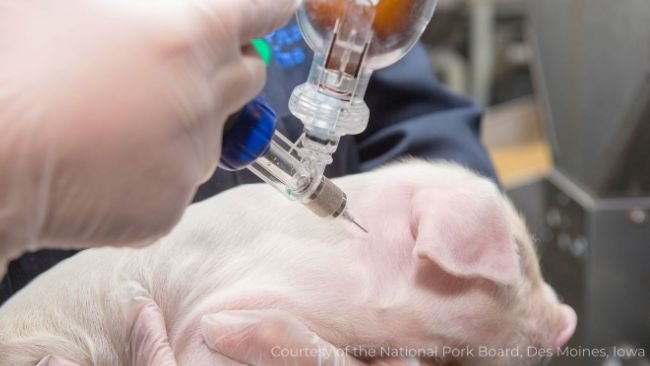
Depending on the levels of maternal derived immunity, a potential interference of vaccine intake may happen, jeopardizing vaccine seroconversion and efficacy.
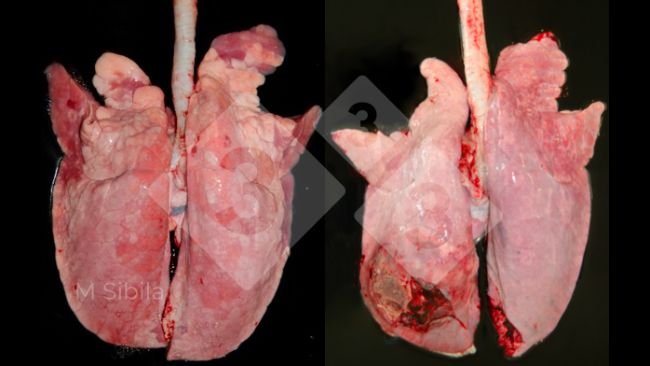
Collecting data at the slaughterhouse is a common method to obtain information on health and productive parameters, mainly from the last weeks of a pig’s life.
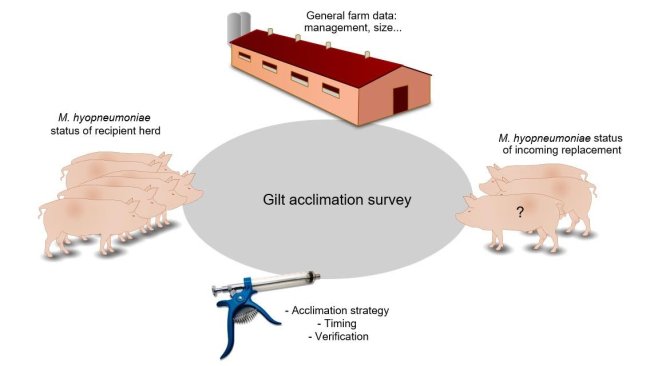
Gilt acclimation was performed in 78% surveyed European farms; vaccination, alone or combined with natural exposure to infected animals, was the main used strategy.
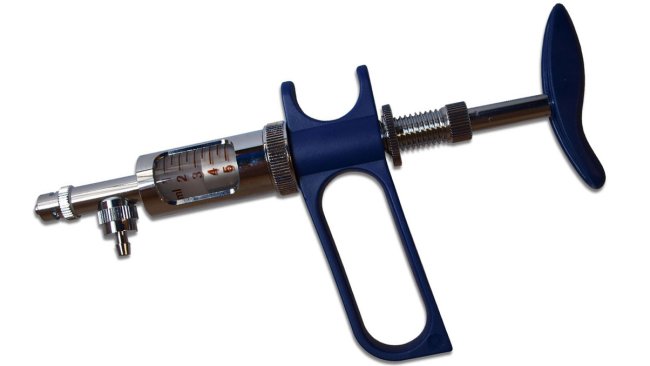
The average piglet birth weight from the 3 groups of vaccinated sows was statistically higher than that from the unvaccinated sows.

This article deals with the factors to be considered for deciding the optimal time of vaccination against PCV2 and shows the results of a study that evaluates the efficacy of different vaccination programs in PCV2 subclinically infected piglets.
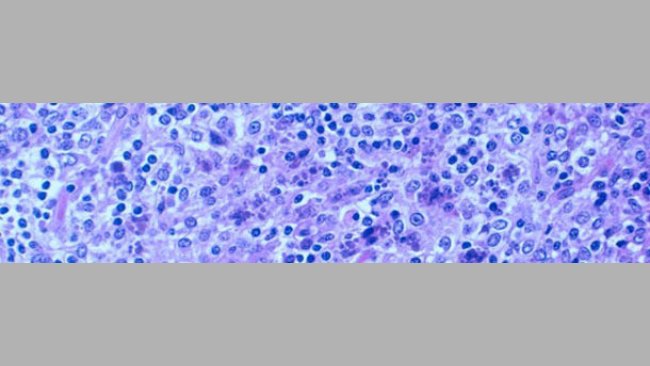
Experimental Mhyo and PCV2 co-inoculations have resulted in somewhat divergent results.
Welcome to 333
Connect, share, and interact with the largest community of professionals in the swine industry.
Celebrating 196903Users on 333!
Sign upAlready a member?





